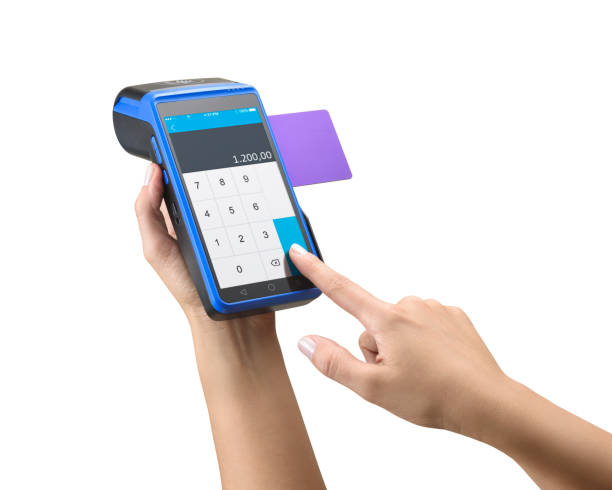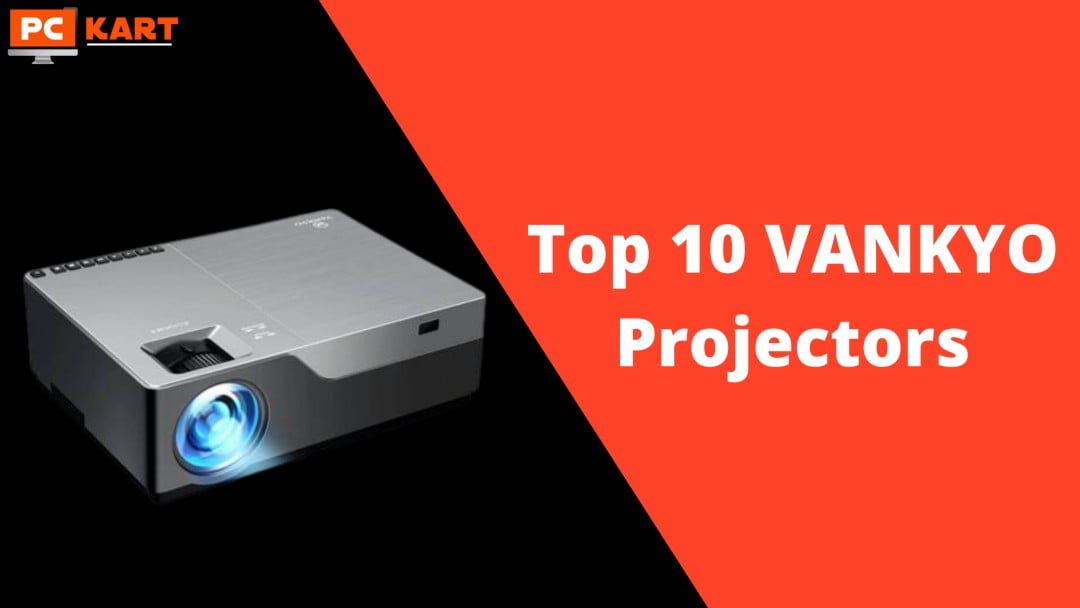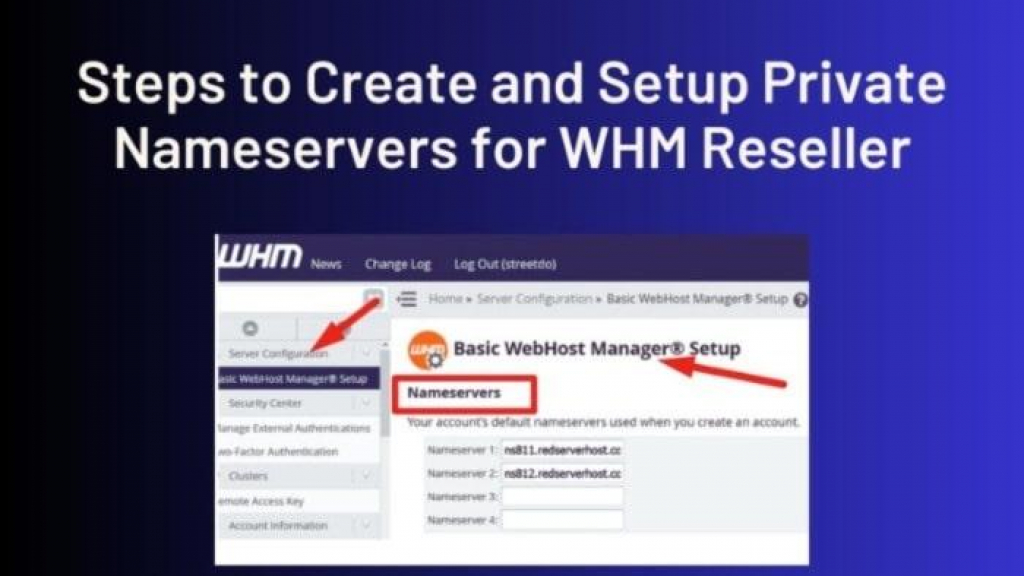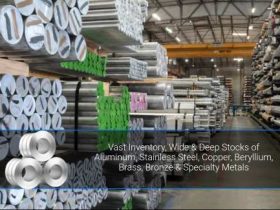
Whether you want to process payments in your store or take your business on the road, there’s a payment solution that’s right for you. Consider factors like cost, functionality and POS integration.
Some card machines are universal while others are proprietary, meaning they only work with one or a few processors.
Table of Contents
Countertop
Countertop credit card machines (also called EMV terminals or card payment devices) are ideal for businesses with a fixed till point, such as newsagents and takeaways. Typically these types of businesses require speedy transactions to help power through queues. They have the cheapest rental costs and offer no-frills solutions for simple payments. They can also be upgraded with customer-facing pin pads for debit transactions.
They’re hardwired and don’t transmit data wirelessly, so are more secure than other options. They can also be used for “card not present” transactions – such as those made over the phone or online – by manually keying in the details.
They usually connect to your broadband or telephone line and settle into your business bank account within a few days (depending on the provider). Some models also have the option to add same day settlement for an additional cost. This helps to keep your cash flow healthy and reduces the time you’re waiting for money from customers.
Portable
Card payments are a huge part of many businesses, and choosing the right hardware for your business can streamline operations and improve customer experiences. It’s important not to choose hardware in isolation, however; a card machine or terminal is just one component of your POS system.
If you don’t want to commit to a countertop machine, there are a number of portable options available. These include card readers that plug into smartphones or tablets via the headphone jack, and mobile POS iPad systems that operate on WiFi connections and offer touchscreen functionality.
All of these devices will communicate with your payment processor to process in-person and virtual (card-not-present) payments. They’ll also work with your POS software program to record sales data and generate financial reports. You can find a wide range of PCMs from brands like Ingenico, Verifone and myPOS. Some come with extra features to help keep lines moving, like barcode scanning and customer-facing screens.
Mobile
The type of card machine you need depends on how and where you take payments. Countertop terminals, which you’ll find in most brick-and-mortar stores and restaurants, are wired and stationary, while portable and mobile payment devices are smaller, more compact and can be taken to a customer, like a food truck or stall at an event. These may come with a cradle or have the ability to operate wirelessly over wifi or 3/4G, with touchscreens or traditional key entry.
Modern machines that connect to a point of sale (POS) system or EPOS can also perform many non-payment functions, including inventory management capabilities, sales reporting, employee timeclocks and payroll services. These are often more expensive, but can save you time and money in the long run by streamlining your checkout process. Other accessories such as barcode scanners, label printers and cash drawers are also available.
Integrated
With cash payments declining and card purchases increasing, having a reliable card reader is now essential for any business. Choosing the right machine can help streamline operations, improve the customer experience, and even drive growth.
POS-integrated terminals connect directly to point-of-sale (POS) systems and can be integrated with other hardware devices like barcode scanners and receipt printers, making them ideal for retail stores. They can also work offline, meaning that payments will still be processed if your internet connection is down or there’s no Wi-Fi or Bluetooth signal.
Depending on the model and added features, POS-integrated readers can cost anywhere from $400 to over a thousand dollars. But, if you’re happy with your POS provider and payment processor, then opting for a POS-integrated solution can save you money in the long run – as they often have lower transaction rates than countertop or portable machines. This can reduce your overall costs and give you a competitive advantage.












